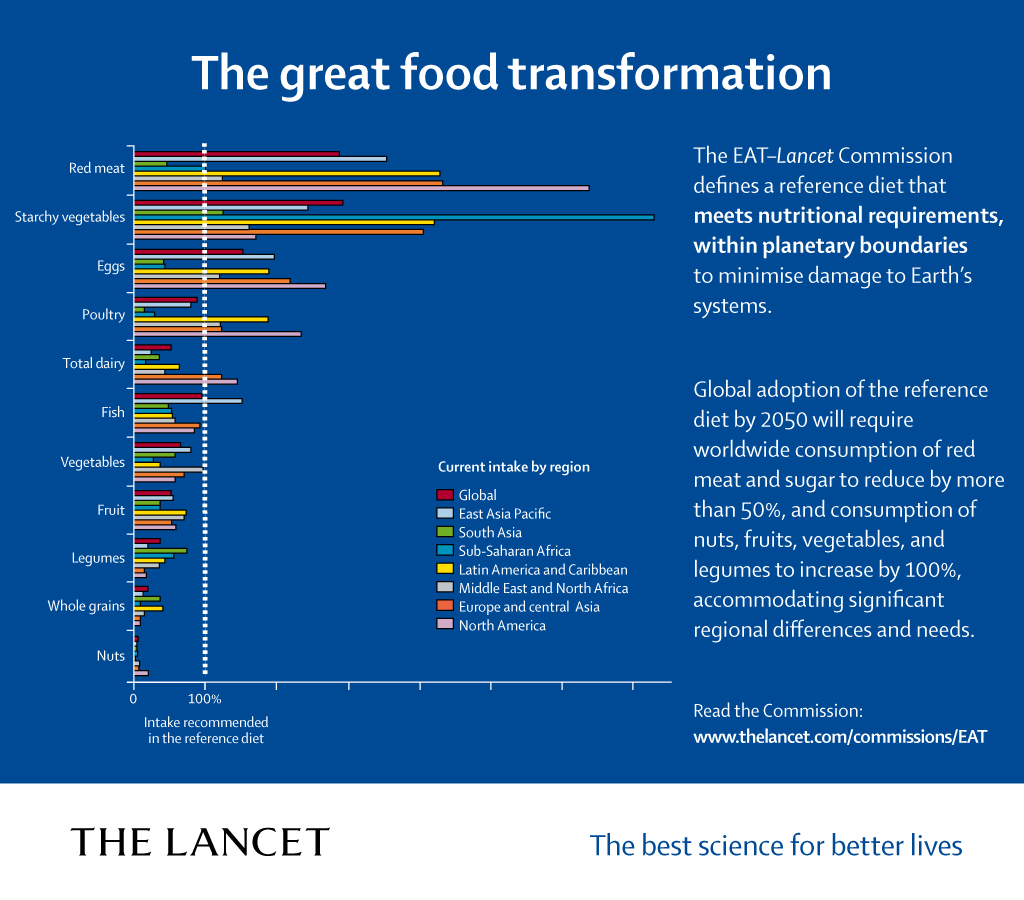Eat Lancet Commission Summary Report
Sunday, April 14, 2024
Edit
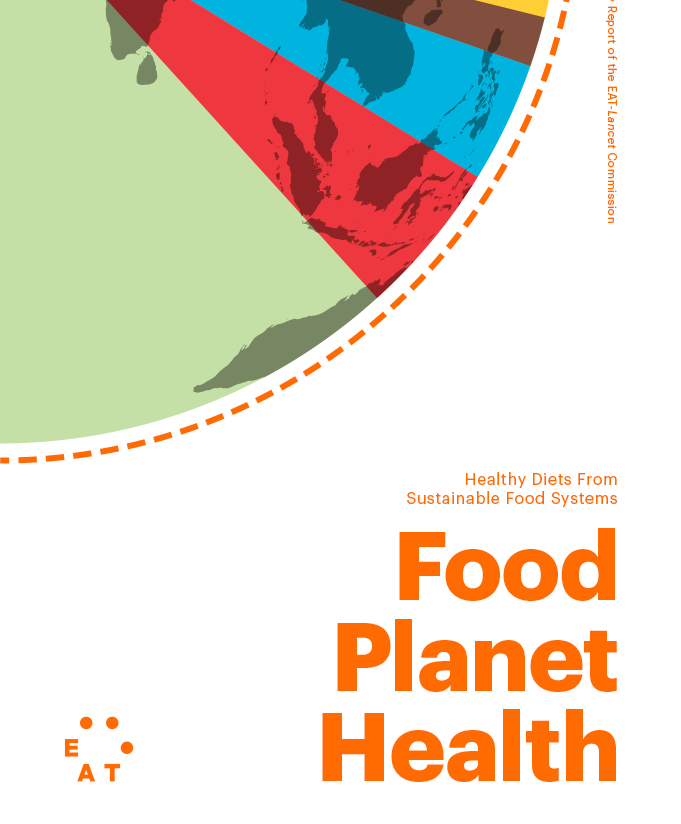
Eat Lancet Commission Summary Report
What is the Eat Lancet Commission?
The Eat Lancet Commission is an independent group of experts from around the world that have come together to make recommendations about how to improve global diets. The Commission is made up of 37 experts from 16 countries, with expertise in nutrition science, food systems, public health, agriculture, economics, and other disciplines. The Commission conducted a comprehensive review of the scientific literature and developed a set of recommendations for how to improve diets globally.
The Commission's report, released in 2019, outlines a comprehensive set of recommendations for how to achieve optimal nutritional intake, reduce risks of diet-related disease, and promote sustainable food systems. The report also outlines strategies for making healthy diets accessible and affordable for all. The report is based on the latest evidence, and is intended to be used as a guide for policy makers, food industry leaders, and individuals.
What are the Key Recommendations of the Eat Lancet Commission?
The key recommendations of the Eat Lancet Commission are to shift diets towards healthier and more sustainable patterns. Specifically, the Commission recommends that individuals should consume more plant-based foods such as fruits, vegetables, whole grains, and pulses, and reduce their consumption of animal-based foods such as meat, dairy, and eggs. The Commission also recommends reducing consumption of processed foods, and increasing consumption of healthy fats and oils, nuts, legumes, seeds, and fish.
The Commission also recommends reducing food waste, supporting sustainable food production, and creating a global food system that is equitable and accessible for all. Additionally, the Commission outlined strategies for developing food policies that promote healthy and sustainable diets.
How Can We Implement the Recommendations of the Eat Lancet Commission?
In order to implement the recommendations of the Eat Lancet Commission, individuals, governments, and food industry leaders must all be involved. On an individual level, people can start by making small changes to their diet, such as reducing their consumption of animal-based foods and processed foods, and increasing their consumption of plant-based foods.
Governments can play a key role in implementing the recommendations by developing policies that promote healthy and sustainable diets. This can include initiatives such as subsidizing healthy foods, taxing unhealthy foods, and providing education on the importance of healthy eating. Food industry leaders can also help by creating more sustainable and healthy food products, and making them accessible and affordable for all.
What Are the Benefits of Following the Recommendations?
Following the recommendations of the Eat Lancet Commission can have numerous benefits for individuals, communities, and the environment. On an individual level, eating a healthier and more sustainable diet can reduce the risk of diet-related diseases such as obesity, diabetes, and heart disease. At a community level, healthier diets can lead to improved nutrition, better health outcomes, and more equitable access to food.
At a global level, healthier diets can reduce the environmental impact of food production and consumption. This can include reducing greenhouse gas emissions, reducing land and water use, and reducing food waste. All of these benefits can help create a healthier and more sustainable future for everyone.
Conclusion
The Eat Lancet Commission has provided an important set of recommendations for how to improve global diets. If individuals, governments, and food industry leaders all work together to implement these recommendations, it could have a significant positive impact on global health and the environment. By making small changes to our diets, we can all help to create a healthier and more sustainable future.
EAT-Lancet Commission Summary Report - EAT

EAT - Food Plant Health - The Lancet Commission 2019
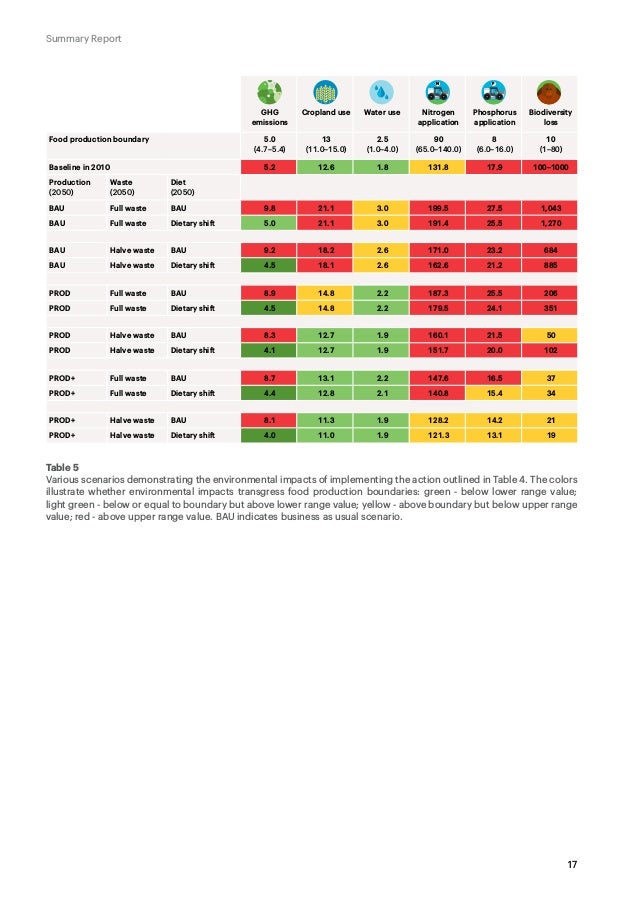
ANH-Intl Special Report: Analysis of the EAT-Lancet report | Alliance
EAT Lancet Report 2019 (edição Português)
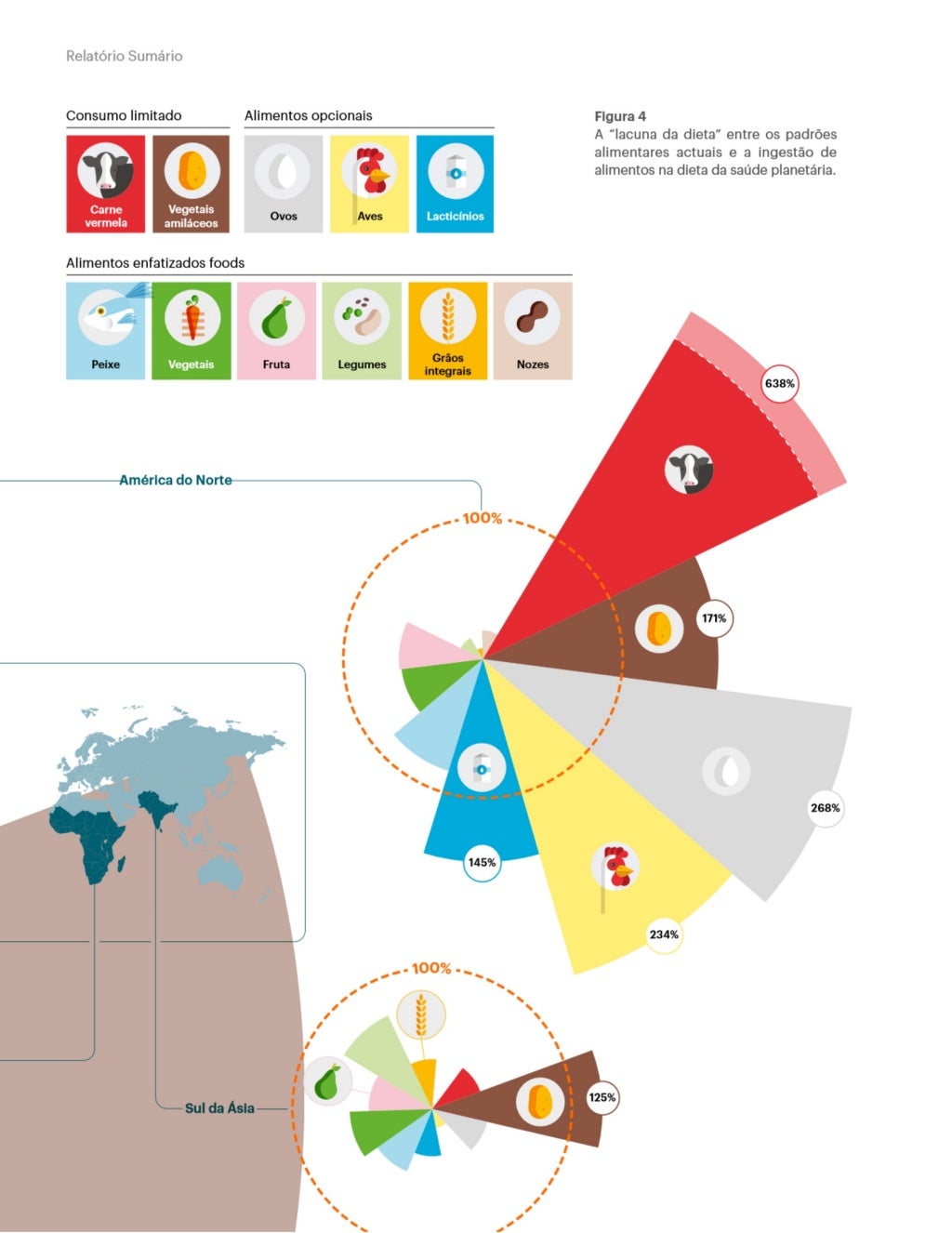
EAT-Lancet_Commission_Summary_Report | Summary, Report, Recipes

EAT - Food Plant Health - The Lancet Commission 2019
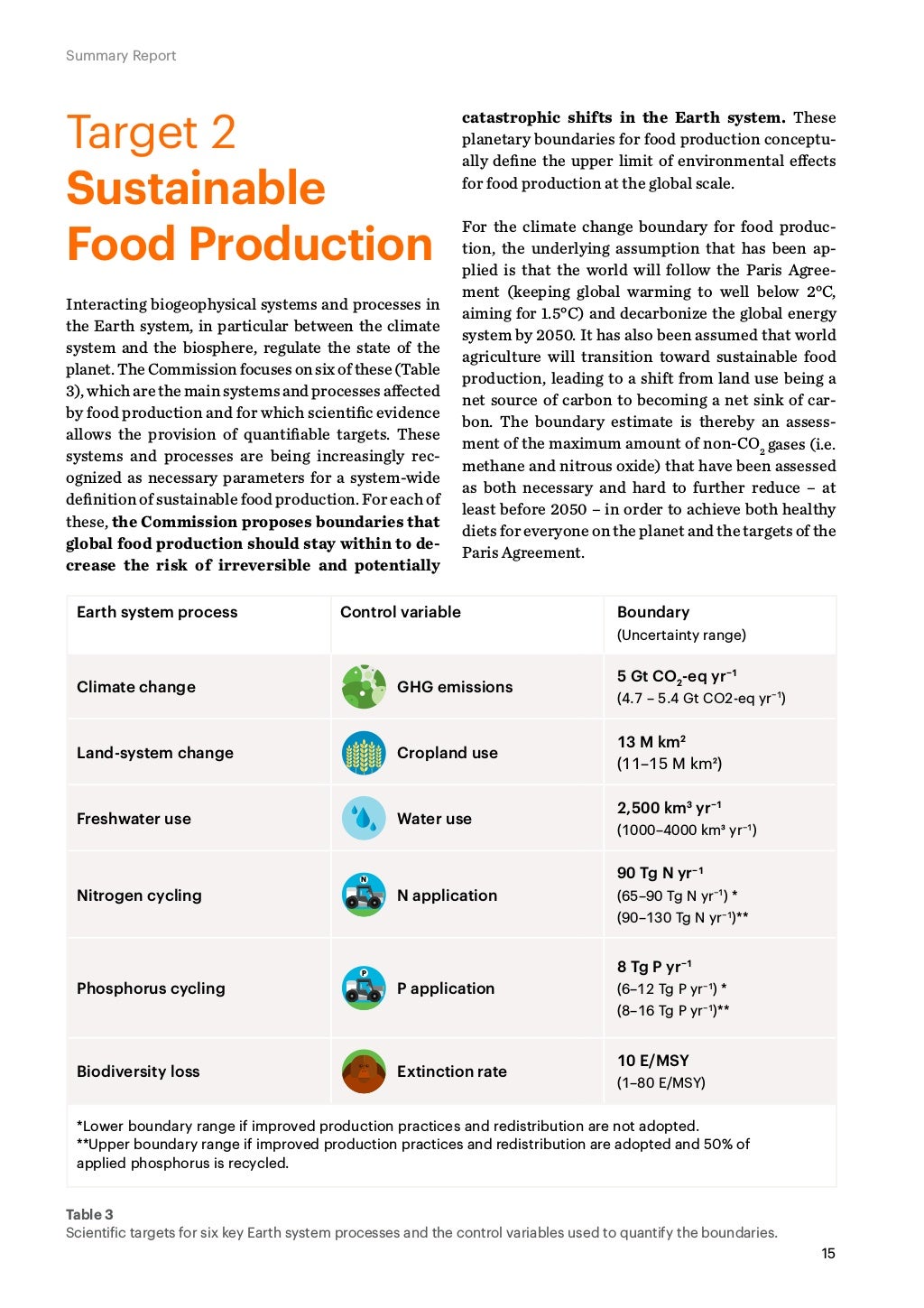
EAT-Lancet’s Plant-Primarily based Planet: 10 Issues You Must Know
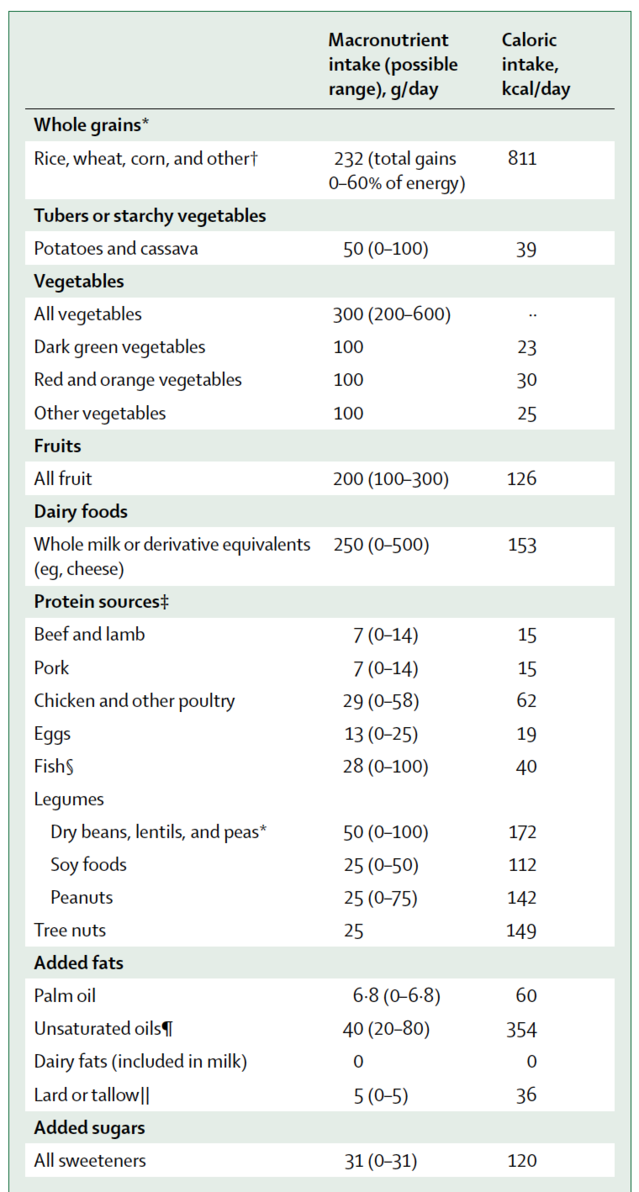
(PDF) Five priorities to operationalize the EAT–Lancet Commission report

The EAT-Lancet report on how to transform the global food system

Putting the Planet on a Better Diet - ConscienHealth
